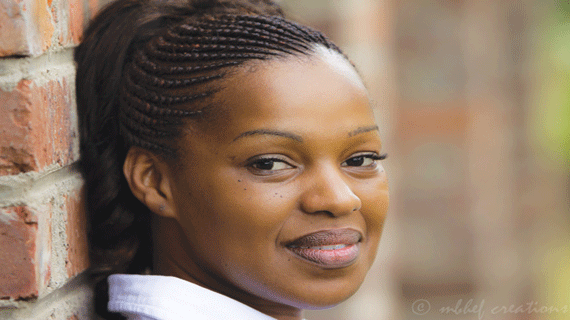
HAVING been a Twitter follower of an organisation called Akili Dada for some time now, I only recently discovered, (with much delight, I might add) what the name actually means.
In Ndebele the equivalent would be Cabanga Dade! In other words, use your brain, sister!
I was tickled by the cheeky tone of this expression, as well as the fact that it is a “woman-to-woman” expression of encouragement and exhortation. But more than this, I was moved by the focused approach to help young women develop leadership skills through education.
The education of girls is something that is recognised the world over as one of the most important requirements for promoting sustainable development and economic progress.
Education gives girls options that would otherwise not be available to them. It raises their sense of self worth and empowers them with knowledge about the world around them.
Educating girls is the first step in helping women become part of the larger decision-making process, equipping them with social and intellectual skills that will enable them to particulate fully as citizens of the world and to protect themselves from harm.
Educating girls leads to higher wages, lower birth rates, reduced maternal and child mortality and better health and education for the next generation.
It has been demonstrated that when education for girls is improved, the country enjoys greater health and economic prosperity.
- Chamisa under fire over US$120K donation
- Mavhunga puts DeMbare into Chibuku quarterfinals
- Pension funds bet on Cabora Bassa oilfields
- Councils defy govt fire tender directive
Keep Reading
Research shows every extra year of schooling for girls cuts the risk of infant mortality by five-10% and increases their lifetime income by 15%.
Women invest more in their families and communities than men do, so the dollars spent educating girls are more certain to come back.
Studies have shown a direct correlation between increased rates of girls school enrolment and increased gross domestic product.
Yet in spite of all the well documented benefits that can accrue not just to individuals, but to communities and countries as a whole, the education of girls remains a contentious issue in the developing world.
In 2011 Irin reported that a third of Zimbabwe’s girl children were failing to attend school because of reasons such as poverty, abuse and cultural practice.
A grant of £12 million made by Department for International Development (DFID) increased the opportunities for girls in Zimbabwe enabling 24 000 girls in the poorest rural communities to enroll in and complete secondary school (ungei.org).
But while this seems generous and is certainly helpful, it made me wonder whether we really need to wait for the DFID, the United Nations Children’s Fund and the Campaign for Female Education to help us educate our girls.
Akili Dada started off as a local initiative, created by a local woman who understood the local problems and local needs.
While the non-governmental organisation directory does list some organisations in Zimbabwe that address the education of girls, I believe more can be done by us as ordinary citizens.
Whether it’s that difficult conversation with the male head of your family, that monthly sacrifice for a niece, a cousin or a sister, or a commitment to demonstrating the benefits that will accrue to your family because of your own education as a woman, we can all play a bigger part and achieve our own individual state of akili dada right here at home.










